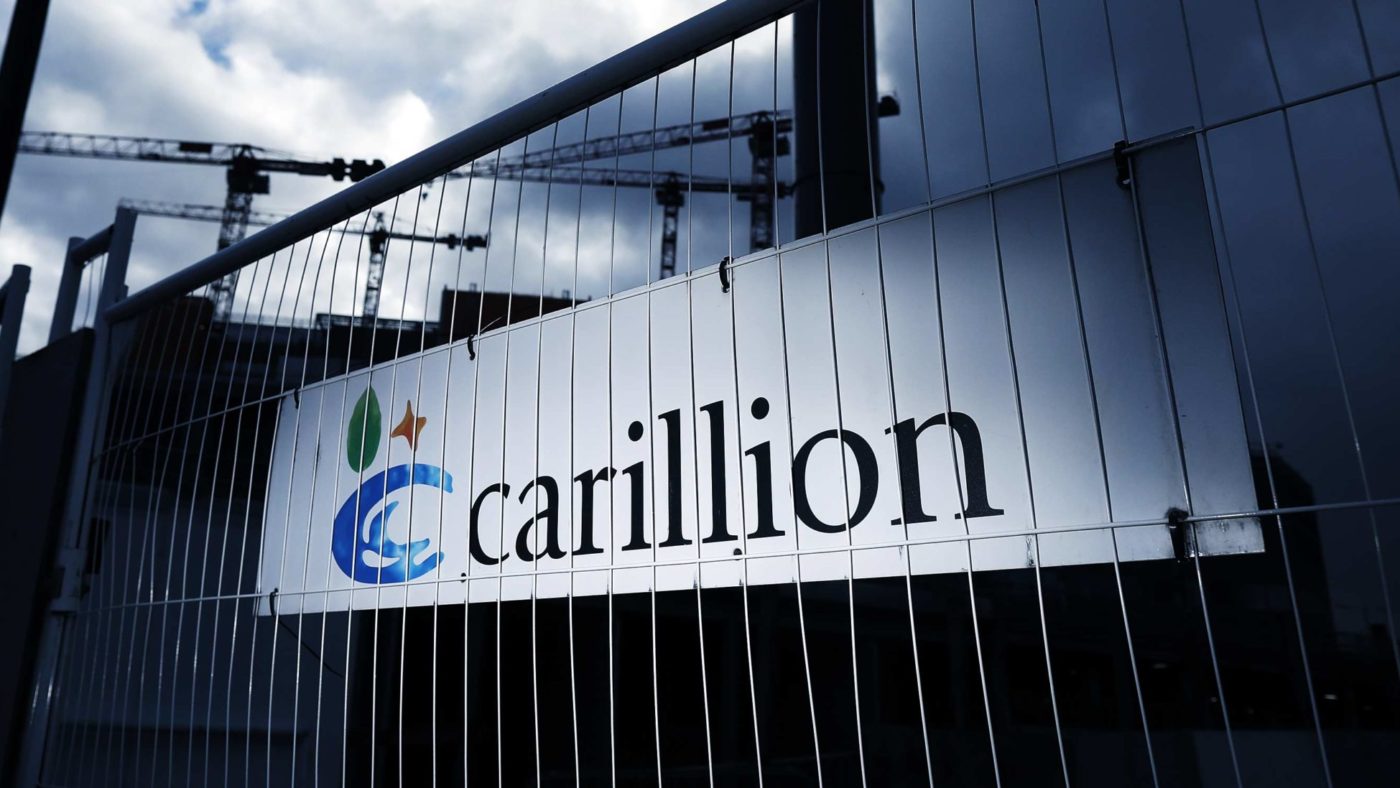Covid-19 has upended us all. The government is desperate for ventilators and masks, amongst other critical equipment. Businesses are desperate for liquidity. Under these conditions, it is easy for both to enter into bad contracts. We saw this movie about ten years ago, during the response to the 2008-09 financial crisis. So what lessons can the public learn from that crisis to avoid reliving history?
Here are three simple, common-sense principles for better accountability of counter-parties. First, embrace and reinforce protections embedded in the law — particularly the duty of due care expected of those with whom the government is contracting. Second, the government can mitigate bad bets by these counter-parties by forcing them to have some skin in the game if things go awry. And third, the government can insist on sharing in the upside in cases where it is advancing capital to its cash-strapped contractors.
Let me expand.
First, no matter how desperate, do not suspend the contractors’ duty of care. Under good times, particularly when sophisticated parties engage in contacting, it is fashionable to play with legal fire. Exculpatory provisions in contracts — that excuse contractors of their duty to exercise due care — are ways to entice a busy market to bid competitively on longer-term, politically risky projects. Don’t let such language creep into public contracts, especially now when people are signing purchase orders worth billions.
In 2009, the shareholders of Bank of America were asked under a time crunch, and with the implicit blessing and pressure of the US federal government, to approve their bank’s acquisition of Merrill Lynch. Little did they know that the $50 billion purchase price included about $6 billion for employee bonuses. It was a scandal, and when the omission about the bonuses came to court, the signatories pleaded ignorance, arguing that they relied on their lawyers to do the paperwork. What a hoot! Don’t let that happen again.
Which brings me to the second principle: allow for clawbacks on payments, especially in cases of gross negligence, intentional deception, and wilful recklessness. If we had the right clawback provisions in place, we could have sought some remedy from those responsible for the Bank of America-Merrill Lynch bonuses debacle. It was patently negligent for senior managers and directors to have not noticed that they had omitted substantive disclosures on nearly 12% of the deal value.
And, more importantly, clawbacks can serve as a meaningful deterrent, stopping bad behaviour before it is committed. In the UK, the public-services outsourcer Carillion often bid on (and won) government contracts that were economically unviable. Two factors that principally kept Carillion in business were its deceptive accounting (on goodwill, especially) and the promise of still more government contracts.
It was wilfully reckless for Carillion to bid on some of the later contracts it did, knowing how squeezed it already was. And it was certainly deceptive for the firm not to take goodwill charge-offs before it did. But both practices were likely catalysed by Carillion’s ability to use them to pay out dividends and bonuses. With the right contracting in place, these payouts would have been clawed back, and the bad bids perhaps forestalled altogether.
Third, if the government is supplying liquidity or capital to private contractors, use convertible debt or preferred equity where possible, so the taxpayers can share in the upside. Businesses, including those who will be called upon to provide critical healthcare infrastructure in these challenging times, are cash-strapped. That means the government has more bargaining power than usual. Set up the terms of capital lending so that if profits exceed a certain threshold, the taxpayers can share in the upside by converting their credit into equity.
The US government did this successfully with some of its bailouts in 2008. Perhaps the most notable example was its capital infusion into the insurance giant AIG, which was backing up heroic bets on subprime mortgages. The government capital came in the form of a contingent equity stake, which eventually helped the US public earn a modest profit on its AIG bailout. Remarkably, when things turned around by 2011, the US government was even sued by AIG’s onetime-CEO Maurice Greenberg, who argued that the government’s contingent-equity bailout constituted expropriation. Not surprisingly, the US Supreme Court refused to hear the case.
Our extraordinary times call for rapid collaboration and contracting between the public and private sectors. But history suggests that when we do things quickly, we tend to make more mistakes and create opportunity for chicanery. All the more reason, now is the time to emphasise some basic principles of good governance and strong accountability. It will keep everyone honest and get the job done.
Click here to subscribe to our daily briefing – the best pieces from CapX and across the web.
CapX depends on the generosity of its readers. If you value what we do, please consider making a donation.


